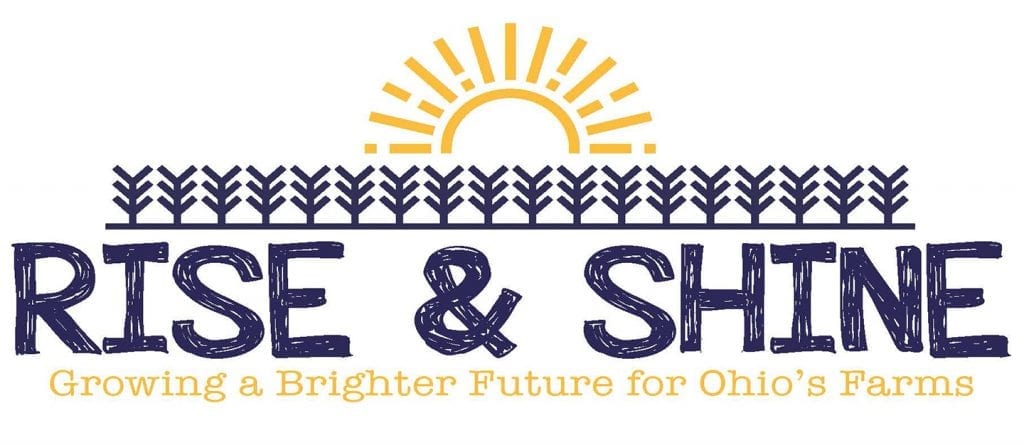New Deduction For Farmers Selling To Co-Ops Levels The Playing Field
When President Donald Trump signed the Tax Cuts and Jobs Act (TCJA) last year, many people and organizations (lawmakers included) were surprised to learn that Section 199A of the legislation inadvertently provided significantly higher tax deductions to farmers if they chose to sell their wares to a co-op – a move that put other businesses in the industry, such as local grain companies, at a disadvantage. So, to fix the “grain glitch,” the Consolidated Appropriations Act of 2018, H.R. 1625, included a 17-page retroactive fix to wipe away the provision that would have given cooperative patrons a 20 percent pass-through deduction based upon their gross sales. The “grain glitch fix” was signed into law on March 23. Read on to find out what this means to you.

THE PROBLEM: An Unfair Advantage
In an attempt to lower the tax burden on America’s small- to mid-sized-businesses, the TCJA included a provision that would allow most taxpayers receiving income from a pass-through entity (such as a sole proprietorship, an S corp or a partnership), to take a new deduction per Section 199A. This new pass-through deduction allows taxpayers to deduct 20 percent of their “qualified business income” or the net amount of income, gain, deduction and loss attributed to domestic trade or business, from their taxable income. Additionally, and more importantly, 20 percent of the gross income of a specified
agricultural or horticultural cooperative was also eligible for the deduction.
This means that the TCJA would have allowed farmers to deduct 20 percent of their gross sales (before any expenses) to co-ops and only 20 percent of their net income to other companies. The difference would have been so significant that a farmer could actually eliminate a significant portion (if not all) of their tax bill simply by choosing to sell their product to a co-op.
Needless to say, lawmakers quickly got to work to level the playing field.
THE FIX: Like It Never Even Happened
On March 23, the pesky provision that allowed for a 20 percent deduction based on gross sales became a thing of the past. In its place, there is a provision that eliminates the unfair advantage and increases the complexity of the tax law.
Under the fix, the tax benefit to a farmer selling grain (for example) to a non-cooperative would not change. They would still be entitled to the 20 percent pass-through deduction, and that deduction would be based on the net income realized from the sale. A farmer selling grain to a co-op, on the other hand, will no longer receive the 20 percent deduction based on gross sales. Instead, they will have a new bifurcated calculation and a hybrid 199A deduction to contend with.

The fix is actually a blend of the new 199A deduction and the old 199 Domestic Production Activities Deduction (DPAD). To find the magic number, the taxpayer would have to first calculate the 20 percent 199A deduction that would apply if they were to sell their commodity to a non-cooperative. Then, they would need to subtract whichever amount is smaller:
- 9 percent of net income attributable to cooperative sales.
- 50 percent of W-2 wages they paid to earn that income from the cooperative.
Finally, for any income passed to the farmer from the co-op, a DPAD-like deduction would be applied. The amount of this new deduction will be determined, at the discretion of the coop, by the patron’s share of the business and can range from 0 to 9 percent of the patron’s sales to the co-op. Co-ops can determine their deduction based on rules similar to the old DPAD tax law. The new tax bill has certainly given those in the agribusiness sector a lot to consider and Section 199A is only a piece of the puzzle.
Email Rea & Associates today and let’s take a look at your tax strategy to see if we might be able to find new solutions for you under the new tax law.
Looking for more agribusiness tips and insight? Check out this newsletter!
This article originally appeared in the summer edition of Rea & Associates’ new print newsletter, Rise & Shine: Growing A Brighter Future For Ohio’s Farms. To subscribe to this free quarterly publication, click here. You can also read the electronic edition of the newsletter here.

